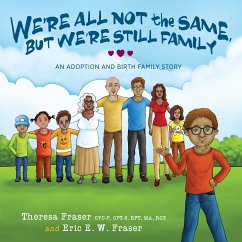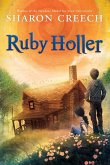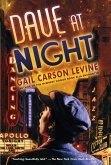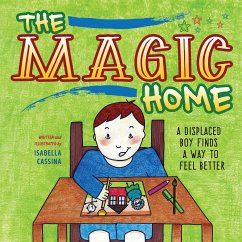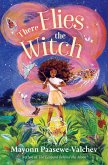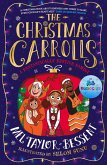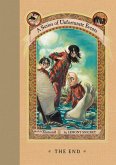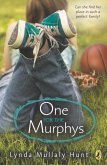After reading this book, a child and their family will be able to:
- Discuss feelings about adoption
- Imagine what openness might mean for them
- Acknowledge similarities and differences among family members
- Discuss if an expanded sense of family is possible for their circumstances
"There are many children's adoption books that address the important themes of identity, attachment, grief and loss; however, very few approach the topic of openness for older children in the in-depth manner that Theresa and Eric do in their book. The emotions that Deshaun describes are typical of many adopted children and could help normalize universal feelings for young adoptees. I would highly recommend this book for all adopted children and will certainly be using it in my practice."
--Tecla Jenniskens, M.S.W., R.S.W., adoption social worker
"Many foster and adoptive parents fear the consequences of introducing their children to birth parents. This story offers a redemptive look at how parents can remain history keepers for their children by helping them answer important questions about themselves and their origins. This book is a beautiful example of how fearless curiosity and compassion can lead to increased coherence in a child's story and an expanded sense of family for everyone."
--Paris Goodyear-Brown, LCSW, RPT-S, clinical director of Nurture House, executive director of the TraumaPlay Institute and author of A Safe Circle for Little U and Trauma and Play Therapy
"We're All Not the Same, but We're Still Family is a lovely book that tackles issues adopted children really think about when they question their identity and place within a family. The authors describe the process of a boy's search for his biological family, with the full support of his adoptive parents, and the events that brought him into the child welfare system. The illustrator's rendition of the Skyped meetings between the two families is captivating, while the text gives careful attention to the unification process. I applaud the authors on their inclusion of realistic steps in this complicated process, as we witness a child's journey to find and complete his family."
--Laurie Zelinger, PhD, ABPP, RPT-S, board certified psychologist and author of Please Explain "Anxiety" to Me!
Dieser Download kann aus rechtlichen Gründen nur mit Rechnungsadresse in A, B, BG, CY, CZ, D, DK, EW, E, FIN, F, GR, H, IRL, I, LT, L, LR, M, NL, PL, P, R, S, SLO, SK ausgeliefert werden.

